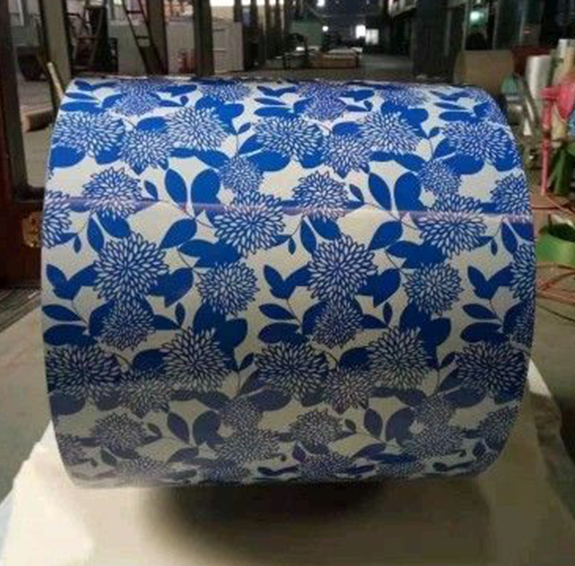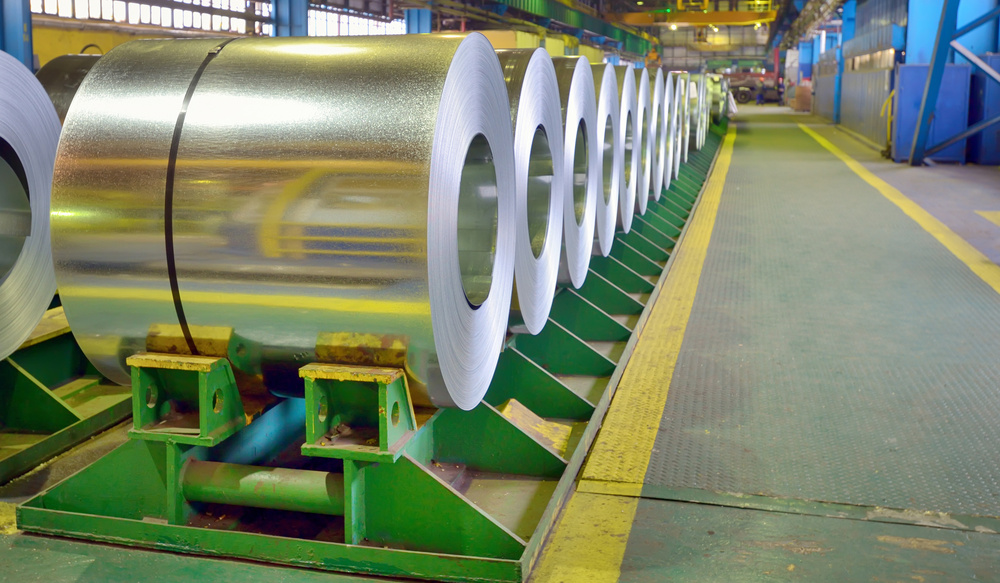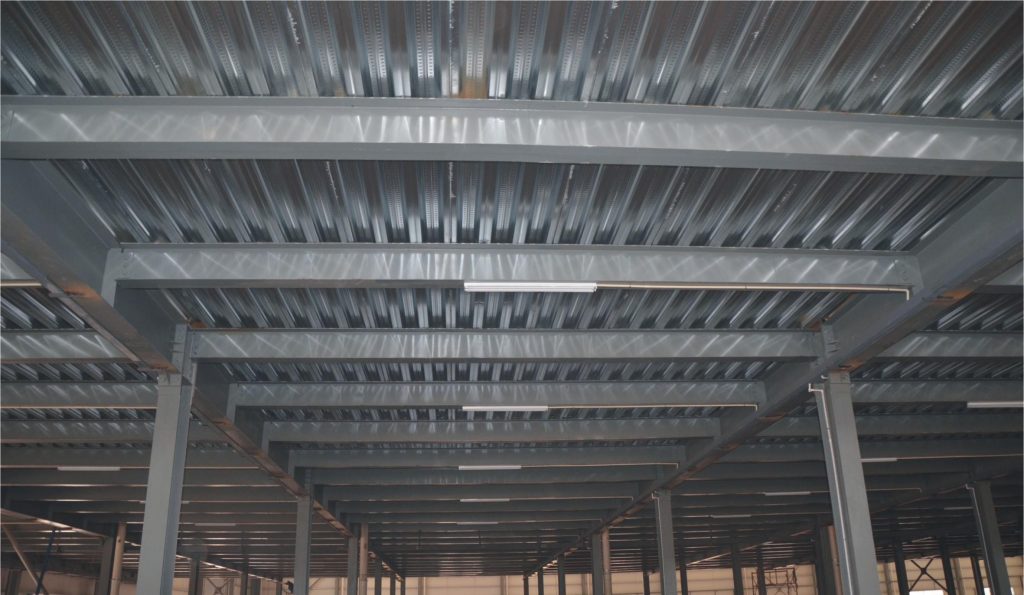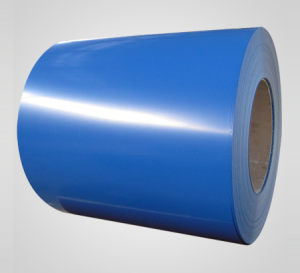Galvanized Iron (GI) and Galvalume Steel are two anti-corrosion steel materials that play an important role in protecting iron or steel from oxidation and corrosion. They have a wide range of applications and can be useful in many different scenarios, from construction to automotive manufacturing to agricultural facilities. Whether you’re considering a new construction project, automotive design, or agricultural equipment, it’s critical to understand how these materials work and how they perform in different environments. Read on as we explore the specific roles of these anti-corrosion steel materials in different scenarios and how they can provide reliable protection for various applications and extend the life of equipment and structures.
Let’s take a look at their differences
Material:
Anti-corrosion:
Durability:
Exterior:
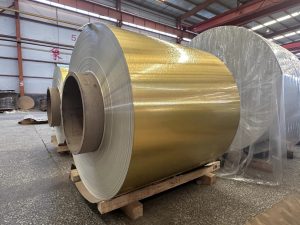
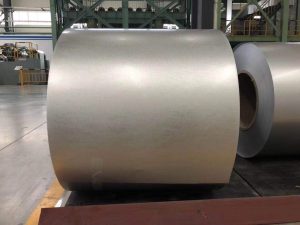
Galvanized Iron (GI) and Galvalume Steel are both used to protect iron or steel from oxidation and corrosion. They are mainly used in the following scenarios:
Construction and building structures: In construction, GI and Galvalume steels are commonly used in the manufacture of roofs, walls, door and window frames and other components. They provide long-term corrosion protection in all climatic conditions, ensuring the durability and stability of building structures.
Pipes and Duct Systems: In pipes and duct systems, GI and Galvalume steels can be used as outer coatings or linings on pipes to protect them from corrosion by water, chemicals or other environmental factors.
Automobile manufacturing: In the automobile manufacturing industry, these anti-corrosion steel materials are often used in the manufacture of automobile bodies, chassis and other parts to improve the durability and corrosion resistance of the automobile.
Agricultural facilities: In the agricultural field, GI and Galvalume steel are often used in the manufacture of agricultural buildings (such as barns, barns), farm equipment and greenhouse structures to prevent corrosion caused by long-term exposure to moisture and chemicals.
Industrial equipment: In various industrial fields, including chemical industry, mining, energy, etc., these anti-corrosion steel materials are also widely used in manufacturing equipment, containers and pipelines to ensure the stable operation of equipment in harsh environments.

